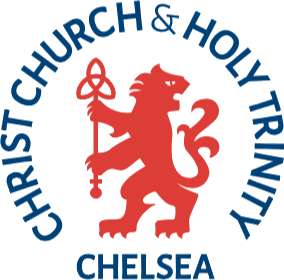Writing
Intent:
Writing is a crucial part of our curriculum at Christ Church & Holy Trinity Schools. By the end of Year Six we expect our children to have developed a love of writing and to be able to express their thoughts and ideas clearly and creatively across a range of subjects . We also aim to create writers who can re-read, edit and improve their own writing, and enable children to be able to confidently use the essential skills of grammar, punctuation and spelling. At Christ Church & Holy Trinity Schools, we set high expectations for all our children to take pride in their work and have a fluent, cursive handwriting style alongside allowing their imaginations to flourish.
Implementation:
- Writing is taught within an English Lesson at least 4x per week from Reception – Year 6
- Each class focuses on 3 units per term across a range of genre
- Books and film are used as a stimulus for writing
- The films and books we use are diverse in the themes they focus upon – from adressing gender stereotypes to racism and exploring a range of cultures
- Class teachers are provided with detailed plans which have been created with the needs of our children in mind. These units are well structured and work on the premise that we must reconstruct a text in order to be able to construct it.
- There is a weekly SPAG focus in Y2-Y6 which is taught discreetly and then applied during the English lesson
- Children in Y2-Y6 receive spellings to learn across a fortnight and they are then tested
- Children in EYFS and Year 1 focus on spelling during their daily Alphabet Code (phonics) lessons
- Children who need additional support with spelling receive a variety of interventions that are tailored to address their gaps.
- Children are set individual writing targets which are in direct response to previous assessed pieces, whether formative or summative
- We encourage writing in the foundation and creative curriculum. Writing takes many forms in this area of the curriculum (History, Geography, Art and DT). For example, as an element in initial questioning and exposition of a topic; involvement with chronology, narrative and sources and as part of the children’s research, extraction of evidence, questioning, evaluation and problem solving. Depending on the subject and topic, the children engage with and write a range of different genre- including letters, instructions, recounts, diary entries, biographies and persuasion. They complete at least one piece of extended writing in each of these subjects every year.
Impact:
By the end of KS2 children will be
- Working at or above the expected standard in Writing as assessed by end of KS2 assessments
- Able to write with a clear structure
- Spelling at an age appropriate level
- Clear about the text structure and language features across a range of genre
- Enthusiastic writers who are able to identify successes in their writing
- Able to identify areas for improvement and edit their writing




